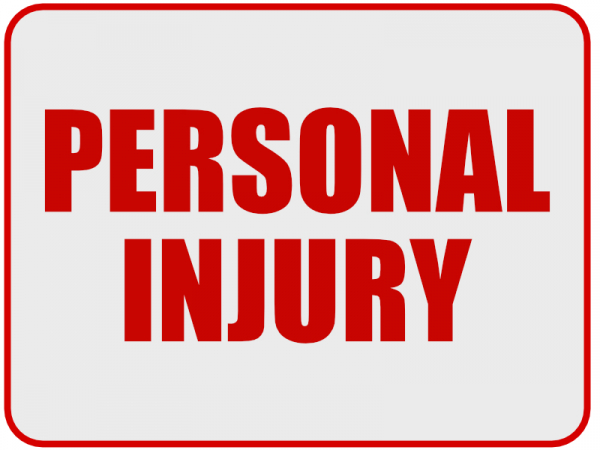When an accident/incident causing damages occurs and it involves liability of another party or parties, evidence becomes crucial. Unless a party admits and doesn’t contest liability, evidence drives either successful settlement or a jury award. Starting after the accident, it’s important to gather the right evidence at the earliest possible time.
When it comes to evidence, testimony from witnesses, including parties to the accident, is accepted as evidence in Court. The statements of the parties (or friends/relatives) will not hold as much weight as witnesses unconnected to parties with no interest in the matter. Parties are assumed to be biased, while disinterested witnesses are seen as more credible. Therefore, getting points of contact of potential witnesses to an accident is critical. Beyond witnesses to the accident, witnesses to the level of injury (damages) are also important to proving the level of damages.
The damage to vehicles in a car wreck is solid evidence showing the nature of the impact and therefore liability. It’s important to have pictures before vehicles are repaired. Additionally, other material items effected by the wreck help tell the story and show liability. Finally, most vehicles have a “black box” vehicle recorder which tells what happened to the vehicle before, during, and after the accident. Third parties will usually pull and give the read-out from the vehicle black box.
Medical documents of assessment of accident injuries, and particularly medicals from right after the accident, are critical. They prove the injuries and level of injuries and help prove the connection of the injury to the accident. This evidence will likely continue well after the accident, and it’s important to keep all these records. Similarly, evidence of lost wages from being out of work due to the accident is important. Any other such “losses” should be memorialized as evidence.

 Orangeburg Attorney Bill Connor received his Bachelor of Arts from The Citadel in 1990, and after serving for over a decade as an Infantry Officer in the U.S. Army, including three deployments to the Middle East, he received his Juris Doctorate from The University of South Carolina in 2005. In 2012, Bill was honored to receive an AV® Preeminent™ Peer Review Rating by Martindale-Hubbell®, the top peer rating for American lawyers. Receiving this rating at such an early point in his career is unheard of among lawyers.
Orangeburg Attorney Bill Connor received his Bachelor of Arts from The Citadel in 1990, and after serving for over a decade as an Infantry Officer in the U.S. Army, including three deployments to the Middle East, he received his Juris Doctorate from The University of South Carolina in 2005. In 2012, Bill was honored to receive an AV® Preeminent™ Peer Review Rating by Martindale-Hubbell®, the top peer rating for American lawyers. Receiving this rating at such an early point in his career is unheard of among lawyers.